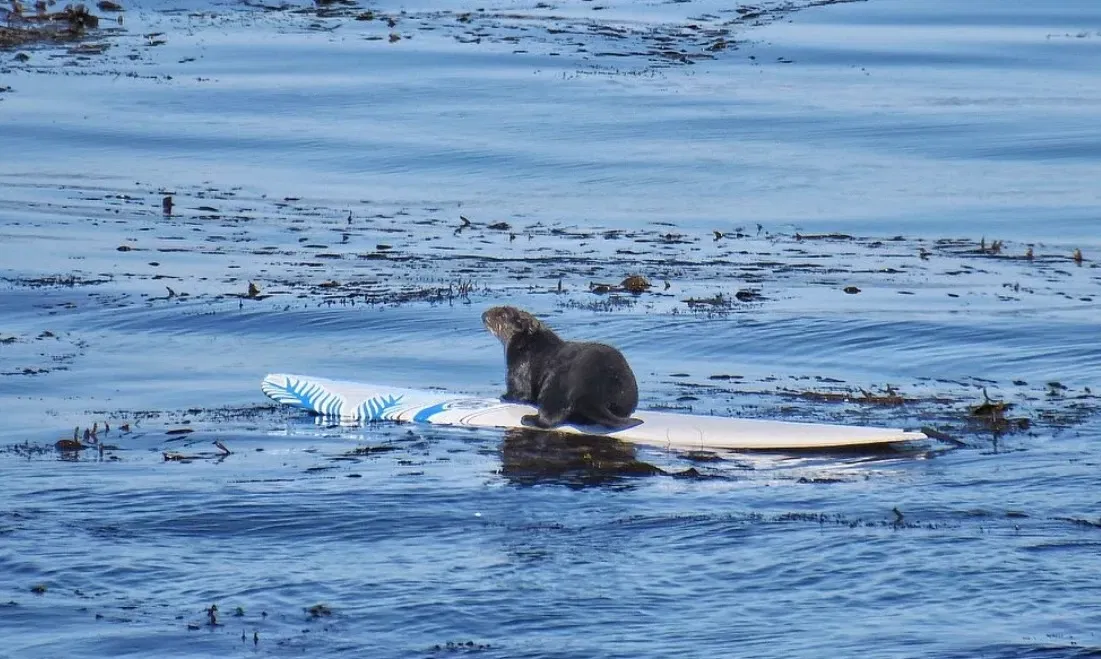Let the record show that scientists aren’t afraid to get their hands dirty—at least from a distance. In December 2022, a British Antarctic Survey (BAS) researcher was reviewing satellite footage of Antarctic sea ice when he noticed a peculiar brown stain.
Videos by Outdoors
The researcher, Peter Fretwell, recognized it as penguin guano and realized there must be a colony somewhere nearby. So, he did a little zooming in, a little panning around, and—voilá—he was able to track the colony’s whereabouts to Vergeler Point, a bench of sea ice on Antarctica’s western coast.
Further analysis of the high-resolution satellite imagery revealed a colony of about 500 birds, which is relatively small by Antarctic standards. Still, it’s a rare find given that emperor penguin colonies are notoriously tricky to locate. In fact, about half of the 66 known emperor penguin colonies in Antarctica were discovered via satellite.
“Emperor penguins need sea ice to breed and are located in areas that are very difficult to study because they are remote and often inaccessible,” BAS explained in a recent statement. The birds also thrive in extreme conditions—sometimes in temperatures as low as -76°F—which compounds the difficulty of reaching them on foot.
“This is an exciting discovery,” Fretwell said in the statement. “[But] whilst this is good news, like many of the recently discovered sites, this colony is small and in a region badly affected by recent sea ice loss.”
Neither emperor penguins nor their prey, Antarctic silverfish, have ever been hunted or directly impacted by humans. Despite this, penguin numbers have been declining over the last few years. The main contributor is global warming, which is quickly melting the sea ice they need to breed.

Emperor penguins, which are about three feet tall and weigh up to 100 pounds, mate for life and generally rear just one chick each winter. That means that one bad ice year can do a number on a colony’s total population. For the past two years, Antarctica has experienced record-low amounts of sea ice, which bodes ill for the future of its penguins.
But while the new colony may be under threat from global warming, its discovery is great news for emperor penguins as a whole. After all, the more colonies there are, the more resilient the species will be toward the challenges ahead.









